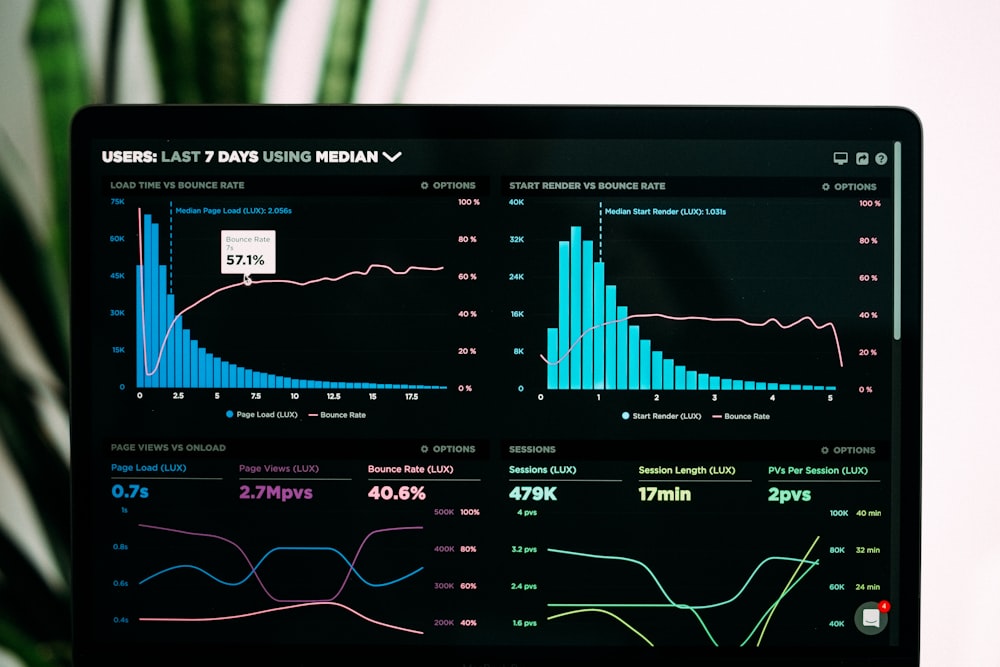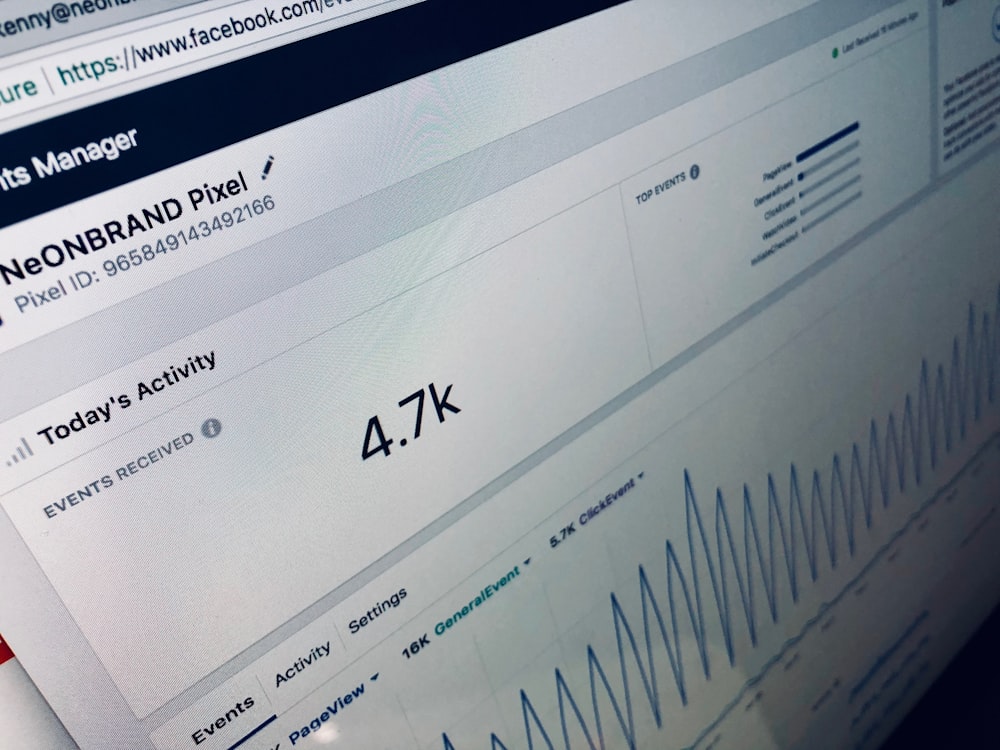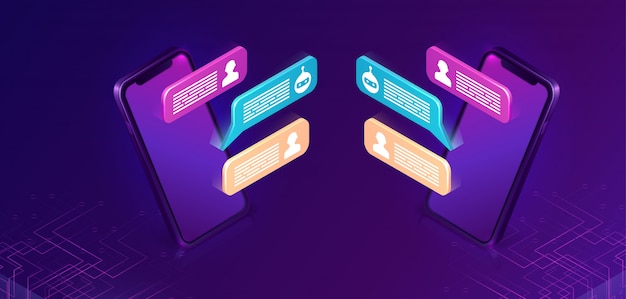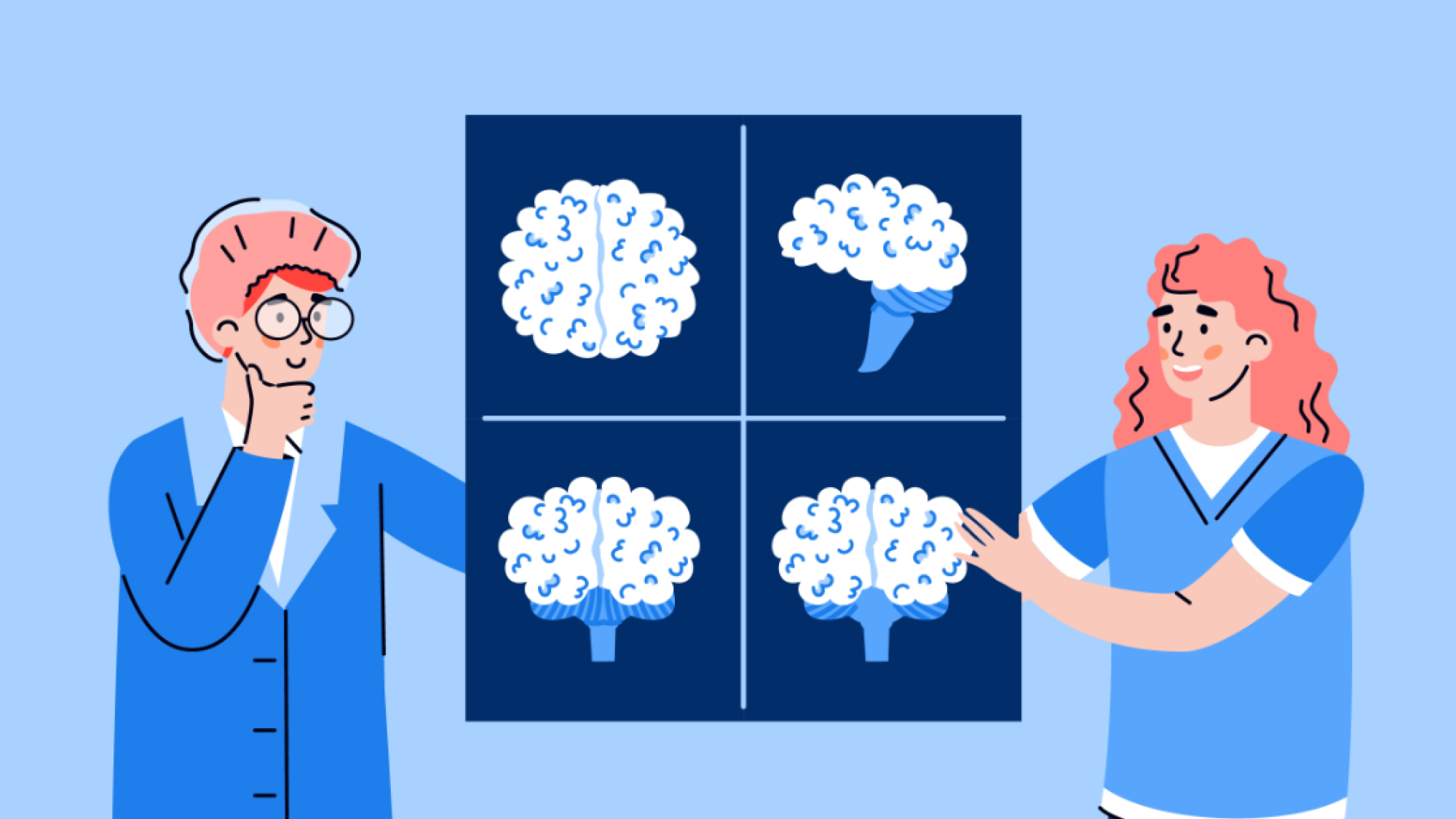
There is no doubt that artificial intelligence has been disrupting every industry to its core. From health to fashion, businesses from all over are reaping the endless ROI from artificial intelligent innovations. Just the recent explosion of chatbots alone has transformed how e-commerce and retailers are handling customer service.
Whether you work for a data analytics company predicting consumer demand or a health-based start-up that helps customers quickly identify skin diseases, the power of AI is truly revolutionary.
Use Cases of AI in Marketing
The world of marketing is beginning to see the vast opportunity artificial intelligence implementation will have in the industry. Besides the given automation, AI will give businesses the ability to target their potential customers more effectively, while simultaneously transforming the speed in which things are done with greater efficiency.
- Predictive Analytics – While companies have been able to use traditional forecasting methods to estimate predictions on their stock before, things have changed with the big data boom. Now, with more data for us to pull from than ever before and the advancement of machine learning algorithms, businesses can use predictive analytics to make smarter predictions. This can do quite a lot for marketers, as it can be used for lead scoring, that evaluates your leads and informs you on each person’s readiness for conversion, thereby allowing you to understand who to focus on first.
Moreover, you can also use predictive analytics for nurturing leads as well. Pulling from demographic and behavioral data, companies can create lead nurturing campaigns that help to smoothly go down the sales funnel. You can also track the LVP (lifetime value prediction) of a customer using historical data, thus leading to more ROI.

- Product Recommendation – Highly used by Amazon and YouTube, one of the powerful results AI has shown were recommendation systems. These are the systems that give recommendations to the customer based on what they’ve viewed, bought, etc. This technology has helped companies increase revenue, transforming businesses like Spotify and Netflix. The future is all about personalization. The more we can customize content for the consumer, the greater conversion marketers will see.
- Customer Segmentation – We all know that proper, effective customer segmentation remains as one of the key cornerstones for a good marketing campaign. By dividing the audience into the right groups, companies can target with more customized messages. Using traditional methods is never good enough, as it is too broad for a generation with high expectations for personalization. Yet, with artificial intelligence, you can change all of that through.
Digging through the data helps AI algorithms to pinpoint exactly who the buyer who really is, rather than leaving marketers to leave the results up to guesses. The implementation of machine learning helps to find patterns that may, otherwise, be unnoticed by the human eye. Moreover, AI has the ability to go through an unlimited number of segments, being easily scalable. With the right AI tools, you can edit headlines, images, and copy as a whole based on the individual segments.
- Social Media Monitoring – In the modern day where social media is everywhere, it is hard for businesses not to look at these channels to see whether people are speaking about their brand or not. With most Millenials looking to the Internet, and more specifically social media, to find their news, along with other information relevant to commerce, businesses can gain quite a lot of insight from what is being shared.

- Content creation & curation – We’ve all heard: content is king. In a world where everyone is trying to capture your attention, it can be hard to sift through all that content, from audio, video, to text. Although this surge of content provides you with information like never before, it also is prone to misinformation as well.
In recent years, there has been a lot of fake news going around. Human bias plays a huge part in the tone of a content piece, thereby influencing people’s opinions. With AI, however, this bias is removed and content can be created with a dispassionate eye. The past few years have shown signs of AI-driven content that is indistinguishable from real people. This has been applied to combatting fake reviews as well, as evident from a research project done by the University of Chicago. By analyzing real reviews and generating completely new text strings based on that data, AI can now create content that is no different in quality than the source material.
- Chatbots – Although chatbots have been applied to businesses since 2014, it is safe to say that they did not draw any real impressionable impact at that time. However, since roughly two years ago, that has all been changing, with AI making strides in their natural language processing capabilities. From IBM Watson to Facebook Messenger, the sheer functionality of chatbots has advanced and continues to show promise for companies moving forward.

- Ad Targeting – Before, when creating an ad campaign, companies were required to test the market on the idea and see whether or not there was conversion. Unsurprisingly, this takes up a lot of time and money from a business standpoint, with a little guarantee as to whether the ad will truly be effective. According to studies, about 84% of Millenials do not feel traditional advertisements hit them on a personal level. This statistic is startling and illustrates just how much the marketing canvas has changed. A/B testing alone is not what it used to be.
With AI and machine learning, marketers are now able to use data to create more customized strategies. Facebook, for example, has technology that assigns relevance scores to your campaigns. This helps companies get an idea of how their ad will be received to that specific audience, and we all know how important relevance is in a marketing campaign.
Final Thoughts
From what we see above, there are countless ways artificial intelligence can be applied to increase marketing performance, thereby improving your business. This is not a matter of if or when either, as the time has already come.
In this modern world, technology will and is integrating into every facet of our lives. We cannot avoid it, nor ignore it. Although it may seem somewhat daunting, for marketers, this is no different than anything else that has come your way, as it is part of the job to expect constant change and adaptation.
It is not necessary to know the ins-and-outs of how machine learning works (although it will only serve to benefit you if you do). However, becoming more aware of the potential it serves to improve businesses and the current landscape is what will separate the great marketers from the regular ones. Rather than thinking of AI has a giant unexplainable black box that is hard to understand, its best to look at it as just another tool in a marketer’s toolbox for deeper insights into your customer.











